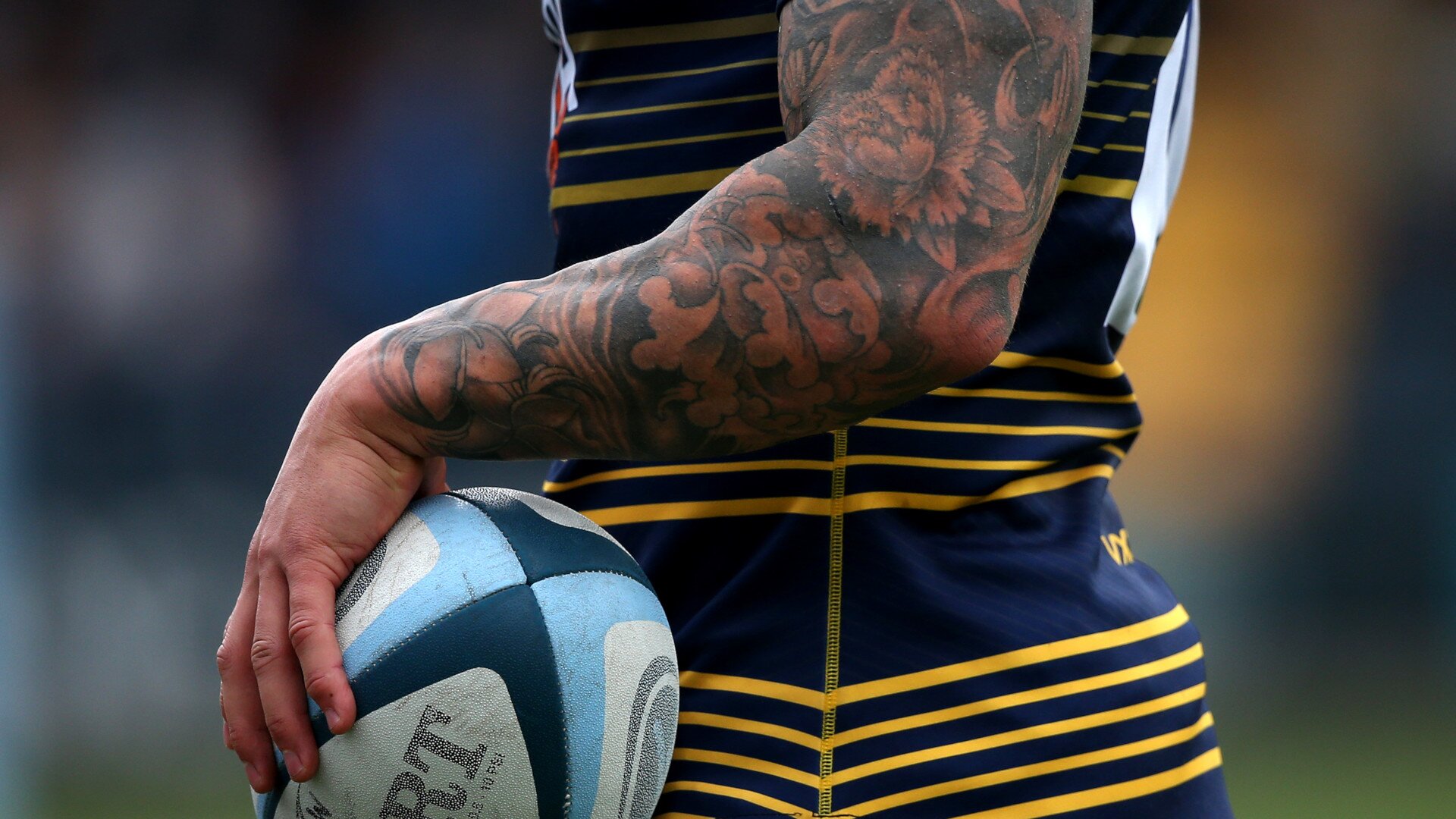There's good news for tattooed bathers at the Rugby World Cup

Japanese bathing houses or ‘onsens’ look set to relax their here-to-fore strict rules regarding tattoos at the upcoming Rugby World Cup in Japan.
In Japan, tattoos have long been linked to the ‘yakuza’ organised crime syndicates, and as such tattooed bathers have traditionally been shunned at Japanese ‘onsens’.
However, rules appear to be about to relaxed as hundreds of thousands of potentially tattooed rugby fans flock to the island nation – many eager to bathe in the country’s famous thermal waters.
Onsens owners in Sapporo – where England will play Tonga in the pool stages – will be allowed to decide their own policy for the period, while discussions are ongoing in Atami over potentially relaxing the rules, temporarily at least.
The city of Beppu in Oita appears to be the most open to tattooed fans, stating: “even though Beppu is a small town, there are many onsens of all different types that do allow tattoos. There are approximately 100 onsens that tattooed guests may enter, so no one has to give up on entering an onsen in Japan.”
This tattoo means the most out of all of them, for more reasons than one. Anyone know why? pic.twitter.com/f9rgnyVu
— Jim Hamilton (Vice Captain) (@jimhamilton4) May 15, 2012
With the increasing popularity of tattoos in Western culture, it’s not just fans that could be affected by onsen protocols. Leaving aside Pacific Island players who have been wearing tattoos for centuries as part of longstanding cultural traditions, many star players in Tier 1 sides now boast ‘ink’.
Jack Nowell and other England stars warned their TATTOOS could cause trouble at next year's World Cup | @alexspinkmirror https://t.co/dTZ2CgFzac pic.twitter.com/avyiBOrvaA
— Mirror Rugby Union (@MirrorRugbyU) September 19, 2018
Among others – the Springboks’ Francois Hougaard, England’s Jack Nowell, Joe Marler and Courtney Lawes and Ireland’s Andrew Porter all have extensive tattooing.
Tattoos play a big part in rugby – but not for the reasons you might think… http://t.co/lgTIk413b4 pic.twitter.com/JF8NsgMQtp
— BBC Sport (@BBCSport) March 19, 2015
Rugby World Cup 2019 in Japan is the ninth edition of rugby’s showcase global event and the first in Asia. The world’s top 20 national teams will play in 48 matches hosted across 12 match cities.
The Rugby World Cup is the sport’s financial engine, generating approximately 90 percent of World Rugby’s revenues for reinvestment in the global game over the four-year cycle. The record-breaking success of England 2015 is enabling World Rugby to invest GBP £482 million at all levels of the game between 2016 and 2019, eclipsing the previous four-year cycle by 38 percent, to ensure strong and sustainable growth.















